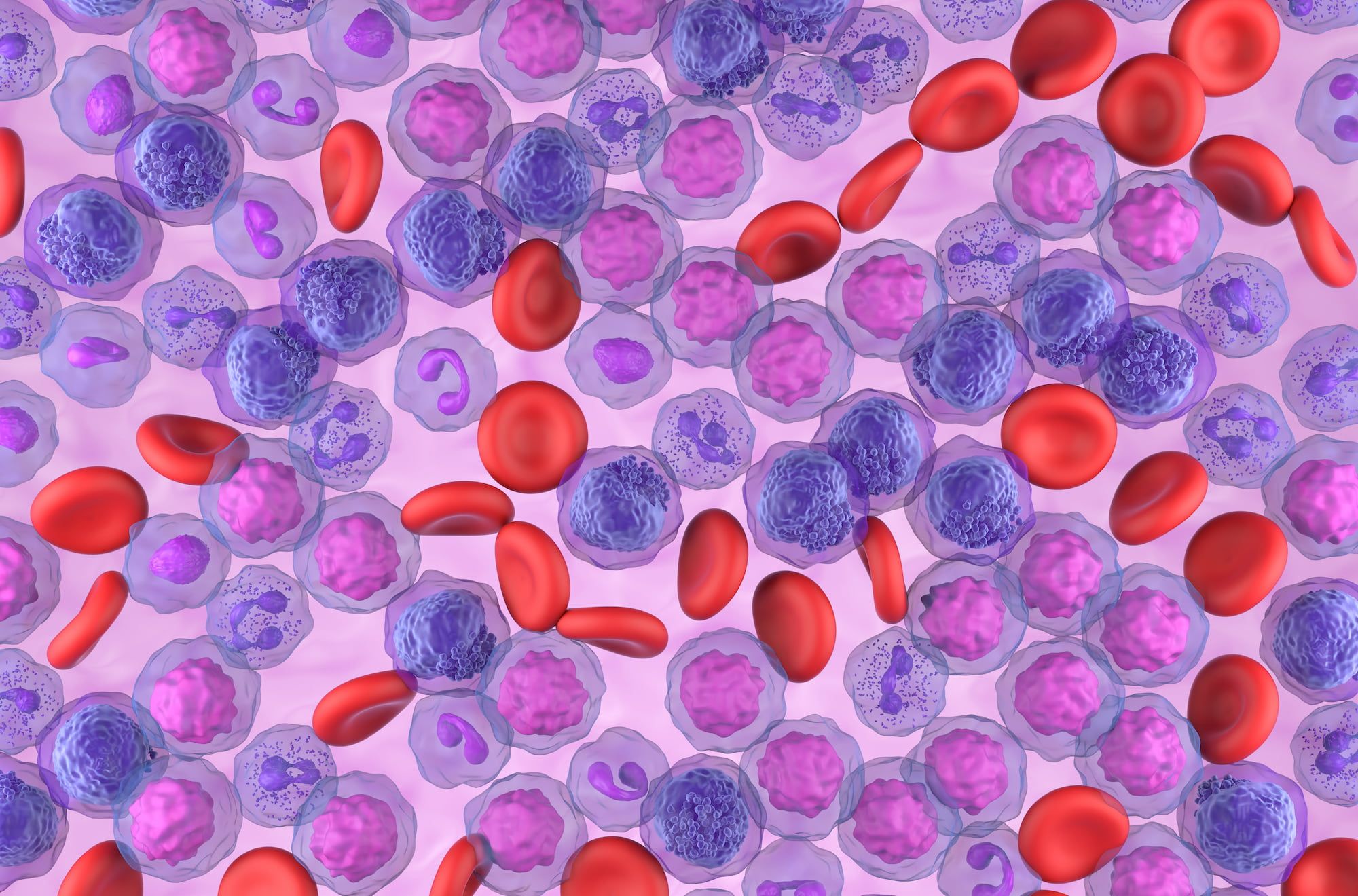KT-253 Lands FDA Orphan Drug Status for AML
The phase 1 study is evaluating the safety, tolerability, pharmacokinetics, pharmacodynamics, and clinical activity of KT-253 monotherapy in patients with acute myeloid leukemias.
- With an orphan drug designation, the potential of KT-253 to advance the treatment of acute myeloid leukemia (AML) by targeting MDM2 is reinforced.
- Preclinical studies have explored KT-253 and shown its ability to overcome the MDM2 feedback loop and rapidly induce cancer cell death.
- A phase 1 trial (NCT05775406) is now investigating the safety and clinical activity of KT-253 in patients with high-grade myeloid malignancies, acute lymphocytic leukemia (ALL), lymphoma, and solid tumors.

The FDA has granted an orphan drug designation to KT-253, a novel, highly potent, selective MDM2 degrader, for the treatment of AML, according to Kymera Therapeutics.1
“This orphan drug designation reinforces the potential of KT-253 to advance the treatment of AML by targeting MDM2, a protein that has been challenging to effectively drug with conventional medicines,” said Nello Mainolfi, founder, president, and chief executive officer of Kymera Therapeutics, in a press release. “We have a significant opportunity to deliver an important new medicine that acts on this common cancer mechanism, and we look forward to rapidly advancing KT-253 in AML and exploring its potential in other hematological and solid tumors.”
KT-253 targets MDM2, which is a critical regulator of p53. In patients with p53 wild-type disease, the tumor suppressor has the ability to modulate cancer cell growth. Small molecule inhibitors have been developed to stabilize and upregulate p53 expression. However, research has shown them to induce a feedback loop which increases MDM2 protein levels, can repress p53, and limit their efficacy.
Preclinical studies exploring KT-253 have shown its ability, even with brief exposures, to overcome the MDM2 feedback loop and rapidly induce cancer cell death. Since MDM2 overexpression and amplification is implicated in AML, researchers are evaluating the use of KT-253 in this cancer type, in addition to other liquid and solid tumors.
Image Credit: LASZLO -www.stock.adobe.com

In an ongoing, open-label, phase 1, first-in-human trial, investigators are evaluating the safety, tolerability, pharmacokinetics (PK), pharmacodynamics, and clinical activity of KT-253 monotherapy in patients with high-grade myeloid malignancies, ALL, lymphoma, and solid tumors.2
Patients aged 18 years and older are eligible for enrollment in the trial if they have an ECOG performance status of 0 to 2, adequate organ function, and have resolved from their acute adverse events (AEs) of any prior therapies to baseline severity or grade 1 or less. In arm A of the study, patients are required to have a histologically or pathologically confirmed solid tumor or lymphoma that is relapsed/refractory to 2 or more prior standard-of-care therapies or have tumors that do not have available standard therapy.
In arm B, patients will be enrolled who have a primary diagnosis of AML, ALL, relapsed/progressed high-risk myelodysplastic syndrome, or myeloproliferative neoplasms, and patients must be relapsed/refractory to standard therapies, with at least 4 weeks since radiotherapy prior to the first dose of KT-253.
Those enrolled in both arms of the study will be treated with intravenous KT-253 once every 3 weeks during the dose-escalation portion of the trial.
Investigators are evaluating the co-primary end points of incidence and severity of AEs, and to establish the maximum tolerated dose and the recommended phase 2 dose of KT-253. Secondary end points include response rates, duration of response, and PK.